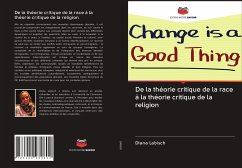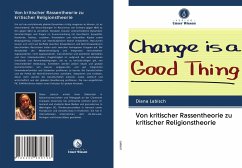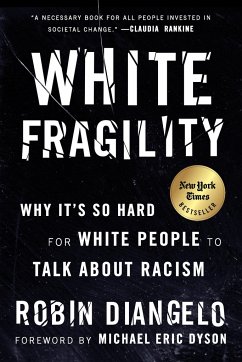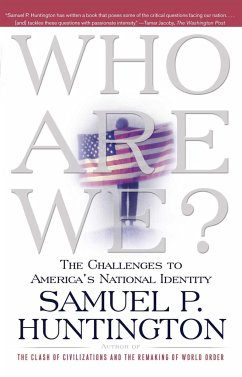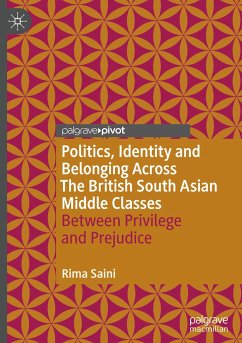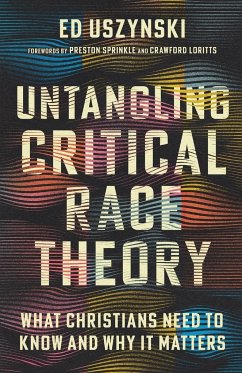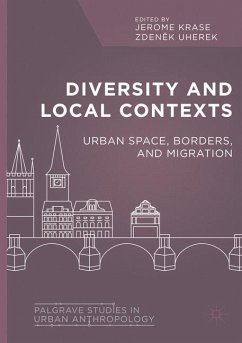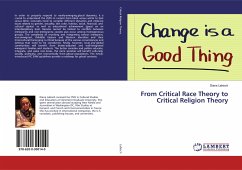
From Critical Race Theory to Critical Religion Theory
Versandkostenfrei!
Versandfertig in 6-10 Tagen
44,99 €
inkl. MwSt.

PAYBACK Punkte
22 °P sammeln!
In order to properly respond to newly-emerging glocal dynamics, it is crucial to understand the shifts in racisms from black versus white to East versus West. Concepts need to consider different dynamics and embrace issues related to gender, sexuality, skin color, habitus, social, financial, and cultural capital, as well as educational achievement (gaps) on an interdisciplinary level. Racisms cannot be limited to conflicts between immigrants and non-immigrants; racisms also occur among homogeneous groups. The complexity of reuniting and integrating various immigrant, non-immigrant, (Middle) Ea...
In order to properly respond to newly-emerging glocal dynamics, it is crucial to understand the shifts in racisms from black versus white to East versus West. Concepts need to consider different dynamics and embrace issues related to gender, sexuality, skin color, habitus, social, financial, and cultural capital, as well as educational achievement (gaps) on an interdisciplinary level. Racisms cannot be limited to conflicts between immigrants and non-immigrants; racisms also occur among homogeneous groups. The complexity of reuniting and integrating various immigrant, non-immigrant, (Middle) Eastern and Western identities and their (intercultural) belonging is critical because of the various circumstances and settings that need to be considered. Finally, however, local and global communities will benefit from better-adjusted and well-integrated immigrant families and students. The better societies and politics educate, integrate, and value non-locals, the more societies will benefit culturally, socially, politically, and economically from glocal populations. The newly-introduced PIC SAM guidelines provide a roadmap for glocal contexts.





